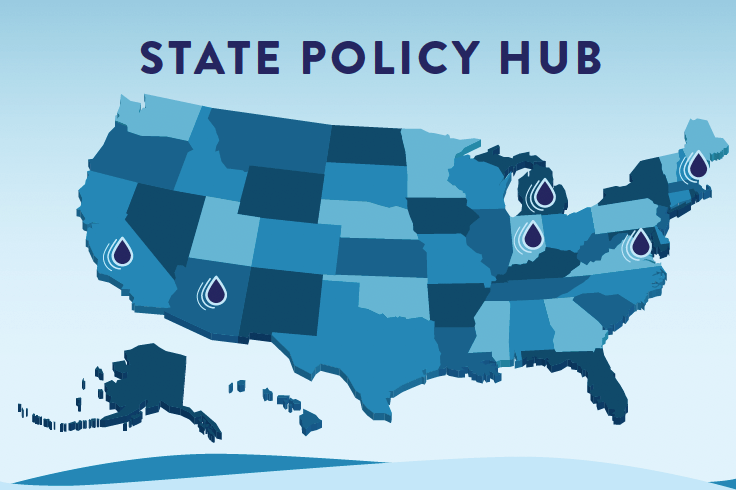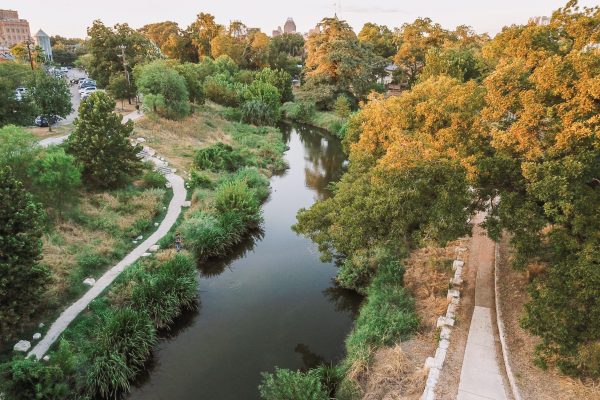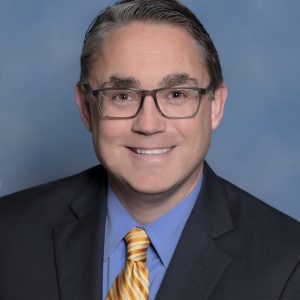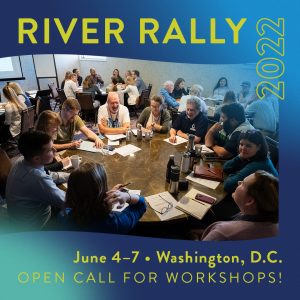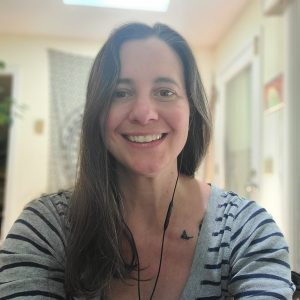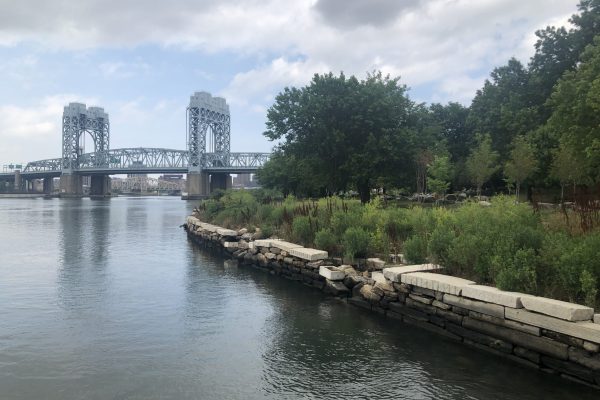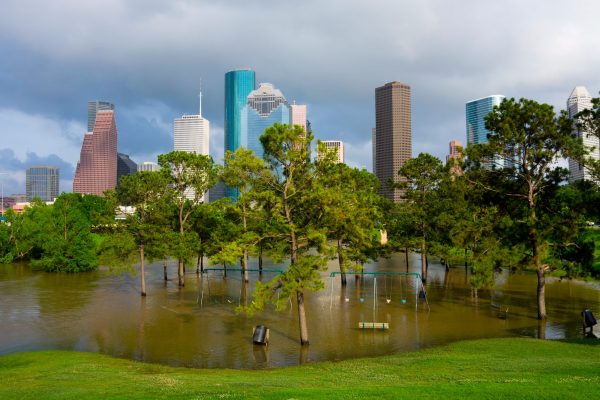River Voices: October 2021

Welcome to the October 2021 edition of River Voices. This month, explore community-centered water planning efforts, from what we’ve learned in San Antonio and Arizona on ensuring Integrated Water Resource Management addresses equity concerns, to Stream Management Planning in Colorado, and more. Plus, River Hero nominations and River Rally workshop and field trip proposals are due October 15!
Over the past two decades, Integrated Water Resource Management (IWRM) has emerged as an approach to navigating the complexities of managing water, providing a framework to help break down silos and integrate the systems that manage water supply, wastewater, and stormwater. However, traditional efforts at IWRM have often overlooked one key component: water equity. Hear from Diana Toledo on our recent pilot project to explore how water equity can be better incorporated to help guide IWRM efforts, in particular in water-constrained regions.
“We’ve learned over the years that when developing these impactful ecosystem restoration projects in lower-income communities, we should also concurrently address issues such as workforce development, small business enterprises, and affordable housing.”
Steven is Director of External Communications at the San Antonio River Authority, working with River Network on IWRM.
River Rally will be heading to Washington, DC, in June 2022 – in-person once again! Join us in accelerating the pace of progress toward a sustainable and equitable water future by submitting a workshop proposal, an interactive field trip showing off the waters around DC, or by nominating a River Hero for national recognition.
Submissions and nominations close on October 15.
Renée started working with River Network for the Urban Waters Learning Network (UWLN)—and we are thrilled to announce she’s joined us on staff this month as Resilient Communities Manager. She performs project research, facilitates communities of practice, and communicates with project leaders to write impact stories, story maps and more. Renée is committed to uplifting equitable restoration and resiliency of river environments with the communities that live near them.
Planning with Community Engagement in Colorado
IWRM isn’t the only water resource management approach River Network has experience with. Since 2017 we have supported coalitions in Colorado in Stream Management Planning (SMP), coordinating a diverse array of river advocates, land and water managers, landowners and irrigators in planning for the environmental and recreation needs of their rivers. River Network regularly convenes practitioners through a Peer Learning Network to help them develop and maintain strong and meaningful relationships with each other, and help them be effective and efficient during the SMP process.
Recent sessions that are relevant to IWRM include:
- Developing a Targeted Stakeholder Engagement Plan: Participants defined specific stakeholder groups’ roles and influence on SMP/IWMP processes and explored tools for engagement and custom strategies to promote effective stakeholder engagement.
- Lessons from Community Planning: Learn from approaches used by the Yampa and Big Thompson river teams to engage their communities, including the use of data visualization software like Tableau and Maptionnaire and how these tools were used to gather and display community input.
A full repository of the Peer Learning Network’s activities are available in the Colorado Stream Management Plan Resource Library.
“Bringing back an urban river is hard work and relies on meaningful partnerships between local communities and all levels of government.” -Nilka Martell, Chair of the Bronx River Alliance. The Bronx and Harlem River Watersheds Urban Waters Federal Partnership was designed to reconnect marginalized communities in the Bronx to healthy and clean waterways and riverfronts. The Partnership and its Ambassador aim to coordinate and elevate the efforts of over 40 state and community partners in both watersheds, finding common ground between agencies and communities in support of these critical waterways.
Over 12% of the U.S. population is exposed to flood risk, including nearly 170 coastal communities reaching or exceeding the threshold for chronic inundation from rising seas by 2035. Drought is no less of a threat. River Network provides knowledge, tools, and engagement opportunities to local champions building resilient communities that anticipate risk, limit impact, and recover quickly from disaster.
Below, learn about River Network’s work related to resilience, and connect with our staff working on these issues.
Science Corner: Crowdsourcing Data to Understand Local Perspectives
The latest from our science team.
Community-led research, or CLR, is a strategy that centers genuine community engagement in collecting, analyzing, and putting to action locally sourced data. As an example, Michigan’s Lower Grand River Organization of Watersheds (LGROW) is utilizing crowdsourced data collected through Social Pinpoint to understand the strengths, weaknesses, opportunities, and threats across the Lower Grand River Watershed —a huge watershed encompassing roughly 3,000 square miles. To better understand the local perspectives and interests across this vast area, LGROW is focusing on individual subwatersheds within the basin. After working with a steering committee of local representatives from two target subwatersheds, LGROW developed and launched an online platform that is open to the public for input. Via an online mapping exercise and an “idea wall” that collects general comments and concerns, LGROW is collecting data to inform the Lower Grand River Watershed Resilience Plan and respective action plans for specific communities. These hyper-local action plans will be given to local leaders in subwatersheds to provide direction and resources for improving resilience to climate change and other identified threats.
EPA National Environmental Justice Call
Oct. 12, 2p ET / 11a PT
This National Environmental Justice Community Engagement Call will feature a conversation about EPA’s Diesel Emissions Reduction Act (DERA) Program, which — in combination with EPA’s Ports Initiative — is a Justice40 pilot program. In addition the conversation will feature a discussion about EPA’s multi-year Strategic Plan goals for environmental justice and civil rights.
Tap Your Potential Curriculum Lunch and Learn
Oct. 21, 12:30p ET / 9:30a PT
Learn more about Tap Your Potential: A Training to Grow Farmer Leadership in Watershed Management and how you can incorporate it into programming to engage farmers in efforts to improve water quality and land health. You’ll hear from the curriculum’s creators and from their collaborators from Beaver Lake Alliance and American Farmland Trust who helped pilot the trainings.
Exploring State and Local Water Innovations
Oct. 21, 2p ET / 11a PT
During the seventh-annual Imagine a Day Without Water, the US Water Alliance is hosting a One Water Webinar on state and local policies and programs that water leaders across the country report are making a difference in their communities. Join speakers Paul Hunt and Joone Lopez to celebrate Imagine a Day Without Water and to learn more about what projects are driving change in your state or region!
Extended Detention Basins Training (Bilingual)
Oct. 31, 3p MT
In Colorado, the most common type of stormwater infrastructure is the Extended Detention Basin (EDB). In many cases this infrastructure is owned by HOAs or commercial properties. You may own, manage, or maintain a property with an EDB! Join Colorado Stormwater Center and Northern Water to learn how to identify these systems, how they function and how to keep costs low with regular maintenance.
Alliance for the Chesapeake: Equity & Inclusion Projects Specialist Position
The Equity and Inclusion Projects Specialist is a critical role in advancing the Alliance’s commitment to diversity, equity, inclusion, and justice (DEIJ) programmatic efforts. The successful candidate will build upon the Alliance’s emerging partnership with Bowie State University, engage other Historically Black Colleges and Universities (HBCUs), coordinate seminar series and workforce development opportunities, and more.
River Network Is Hiring: Community Engagement Assistant
River Network seeks a highly organized and results-driven professional to join our Community Engagement team in assisting with the organization’s clean-up and other community engagement events that match corporate interests in clean water, healthy rivers, and other social responsibility goals with opportunities to support local communities and nonprofit organizations across our nationwide network.
Grant Opportunity: NOAA Environmental Literacy Program
The NOAA Office of Education has issued a competitive funding opportunity for projects that develop the collective environmental literacy necessary for communities to take actions that build resilience to extreme weather and climate change in ways that contribute to community health, social cohesion, and socio-economic equity. For Priority 1, the deadline for pre-applications is 11:59 pm EDT on November 1, 2021.
What We’re Reading
From Knowing Better to Doing Better – Sisters Who Lead have released a new study on closing the opportunity gap for women of color in the workplace. Purchase the full report for $25 and access their free digital “lookbook” and executive summary to learn more.
Beyond the Gender Binary – Taking from their own experiences as a gender-nonconforming artist, Alok Vaid-Menon shows us that gender is a malleable and creative form of expression. The only limit is your imagination.
“It’s Time to Decolonize the Great Lakes” – This article from Caitlin Joseph in Edge Effects details how Indigenous water governance can save “Nayaano-nibiimaang Gichigamiin, ‘the Five Freshwater Seas,’ known to Anglo-American settler society as the Great Lakes.”
Plus, our policy team has been at work all summer reading up on state-level drinking water policies ahead of the launch of our NEW State Policy Hub on October 13. Stay tuned for more!
